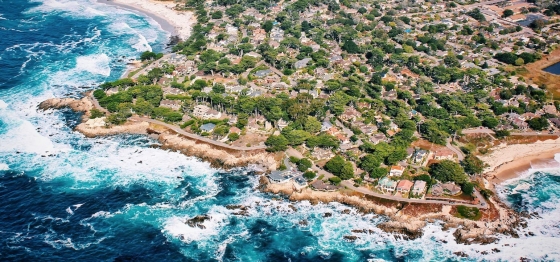Marshall (MO) Weather and Climate: A Comprehensive Guide
The temperature in Marshall can vary greatly throughout the year.
The temperatures shift from very warm
to cold.
It also experiences much rain/snowfall throughout the year.
Now, let’s break down all the climate details for a clearer picture.
Average maximum day and minimum night temperature
Depending on the time of the year, temperatures range from very warm to chilly in Marshall. Average daytime temperatures reach a very warm 31°C in July. In January, the coolest month of the year, temperatures drop to a chilly 3°C.
At night, you can expect cooler temperatures, with averages dropping to around -8°C during this month. Check out our detailed temperature page for more information.Temperature ranges by month
Precipitation and rainy days
Marshall has a relatively rain/snowy climate with high precipitation levels, averaging 1106 mm of rain/snowfall annually. Marshall can be quite wet during May, receiving approximately 134 mm of precipitation over 13 rainy days. In contrast January, experiences much drier conditions, with 29 mm of snow/rainfall, spread across 5 snowy/rainy days. For more details, please visit our Marshall Precipitation page.The mean monthly precipitation over the year, including rain, hail and snow
overcast and rain overcast and slight rain almost clear and no rainForecast for Marshall (MO)
The best time of year to visit Marshall in the United States of America
Other facts from our historical weather data:The hottest season / summer takes place in June, July, August and September.
July has an average maximum temperature of 31°C and is the warmest month of the year.
The coldest month is January with an average maximum temperature of 3°C.
May tops the wettest month list with 134 mm of rainfall.
January is the driest month with 29 mm of precipitation.
No idea where to travel to this year? We have a tool that recommends destinations based on your ideal conditions. Find out where to go with our weather planner.




